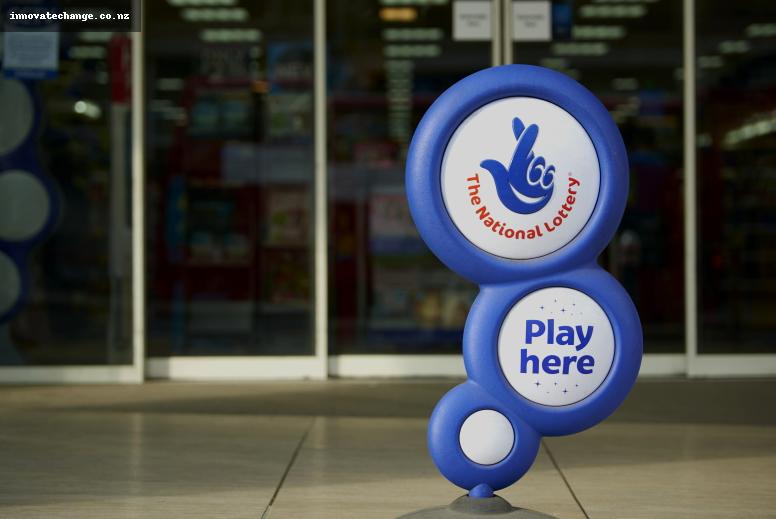When it comes to targeting customers, businesses tend to focus on their largest customer base. This is true for businesses such as off licenses, kebab shops, and charity shops, which are more common in areas with lower incomes. Conversely, areas with higher incomes tend to have more Waitrose stores and fewer bookies. However, one entity that seems to be excluded from this discussion is the National Lottery, despite being a prime example of gambling normalization.
The National Lottery’s early advertising campaigns promoted the idea of winning the lottery as a means to change one’s life. It is even allowed to advertise with reputable publications like The Guardian, indicating its acceptance by the middle and upper classes. However, recent news suggests that the playing field may not be leveling out any time soon.
Currently, the government is considering implementing a mandatory gambling levy to raise additional funds for research, education, and treatment for gambling-related harms. The Culture Secretary recognizes the importance of protecting those at risk of gambling harm and ensuring gambling operators contribute their fair share. However, it is interesting to note that the National Lottery is not classified as a gambling operator and is not subject to the same requirements.
One aspect of the National Lottery that warrants scrutiny is the sale of scratchcards. These scratchcards have characteristics similar to traditional forms of gambling like roulette and blackjack. Despite the National Lottery being primarily soft gambling, scratchcards fall into a different category. They often resemble fruit machines and have the potential to induce excessive gambling, utilizing psychological techniques such as the allure of near misses.
What sets scratchcards apart is their accessibility. The National Lottery boasts over 43,000 outlets across the UK, with approximately 94% of the population living or working within one mile of a National Lottery terminal. This wide availability combined with scratchcards’ design and characteristics gives rise to concerns about normalizing and fostering potentially problematic gambling behavior.
Although the National Lottery claims to have strict measures in place to prevent underage play and support healthy gambling habits, there are doubts about the effectiveness of these measures. Scratchcards carry inherent risks, and their pervasive presence in “respectable” outlets raises questions about monitoring and addressing dangerous behaviors associated with this specific game type.
The Betting and Gaming Council, an industry association, agrees that the mandatory gambling levy should apply to all operators, including the National Lottery. They acknowledge that the National Lottery is not immune to the presence of problem gamblers engaging with their products, such as scratchcards and instant win games. Including the National Lottery in the levy would contribute significantly to funding research, education, and treatment for gambling harms, potentially benefiting more individuals and communities.
In conclusion, it is crucial to treat the National Lottery and its various game types, especially scratchcards, as part of the broader gambling landscape. By including the National Lottery in the mandatory gambling levy, we can ensure that all operators contribute fairly and support efforts to mitigate gambling-related harms.






